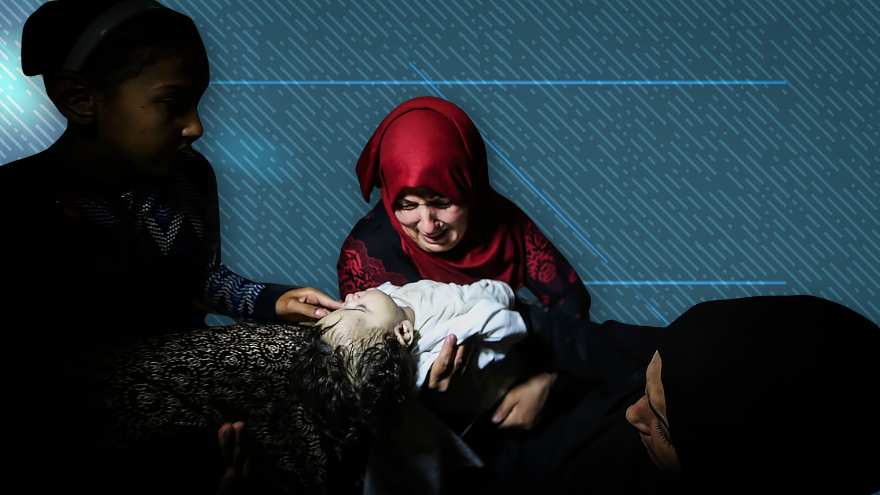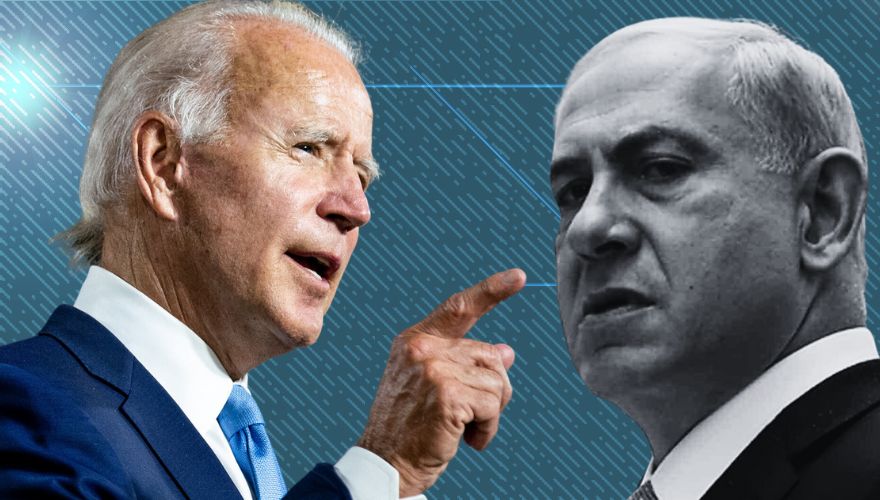According to Human Rights Watch (HRW), 52 nations and three international bodies will engage in the proceedings, marking the highest participation rate since the court's inception in 1946. “The International Court of Justice is set for the first time to broadly consider the legal consequences of Israel’s nearly six-decades-long occupation and mistreatment of the Palestinian people,” said Clive Baldwin, HRW senior legal adviser. “Governments that are presenting their arguments to the court should seize these landmark hearings to highlight the grave abuses Israeli authorities are committing against Palestinians, including the crimes against humanity of apartheid and persecution.” Separate from a case brought forth by South Africa alleging Israel's violation of the Genocide Convention amid escalating tensions with Palestinians, the oral proceedings scheduled for Monday stem from a December request submitted to the ICJ. This petition focuses on the "legal consequences" stemming from Israel's “prolonged occupation, settlement and annexation of the Palestinian territory occupied since 1967, including measures aimed at altering the demographic composition, character and status of the Holy City of Jerusalem, and from its adoption of related discriminatory legislation and measures,” as stated in the request. Despite assertions from pro-Israel and pro-Zionist quarters denying Palestinian occupation, such claims have been endorsed by the Israeli government itself. As Eliav Lieblich, Professor of Law at Tel Aviv University, notes, recent Israeli administrations have acknowledged the occupation, but have stated it has been a temporary measure. Lieblich writes:The International Court of Justice (ICJ) is poised for gathering with an unprecedented number of countries and international organizations slated to partake in hearings regarding Israel's occupation.
In the past, Israel has insisted that its occupation is temporary, pending a negotiated agreement with the Palestinians. While the establishment of Israeli settlements in the occupied territories has always raised doubts whether this position was in fact genuine, this was the formal point of departure. Recent governments, however, have largely abandoned this attitude. The current Netanyahu government has even declared that Jews have exclusive rights in the West Bank, and has pledged to promote policies which have been described as de facto annexationist. This approach has in all likelihood made it easier for the Palestinians and their allies to gain the support needed to refer such questions to the ICJ. For decades, international bodies and human rights organizations have decried the oppressive conditions faced by Palestinians under Israeli occupation. The United Nations, in 2022, termed Israel's occupation illegal, equating it to a "settler-colonial" situation that must cease for Palestinians to exercise their right to self-determination. A 2017 report from Amnesty International detailed numerous abuses committed against Palestinians under occupation. “For the last 50 years, Israel has been forcing thousands of Palestinians off their land, occupying and illegally using it to create settlements that exclusively house Jewish Israeli settlers,” Amnesty said. “Entire Palestinian communities have been displaced by these settlements,” the report details. “Their homes and livelihoods have been destroyed, they’ve had restrictions enforced on their movement, access to their own water, land and other natural resources. The communities have also been violently attacked by the Israeli military and settlers.” The report lists numerous alleged violations of international law including:
Many of the examples listed above are also cited in the December request to the ICJ. The upcoming hearings offer a six-day opportunity for the court to reassess the situation, two decades after its 2004 advisory opinion on the construction of the Israeli wall in the Occupied Palestinian Territory. Participants in the hearing include Palestine, South Africa, Belgium, Brazil, the United States, Russia, France, China, Namibia, Pakistan, Indonesia, the United Kingdom, Switzerland, and the African Union. Israel submitted a written statement to the court and will not partake in the oral proceedings.

